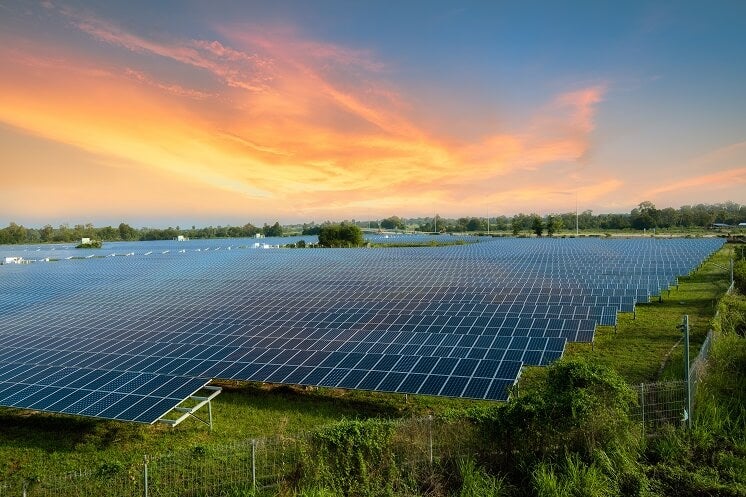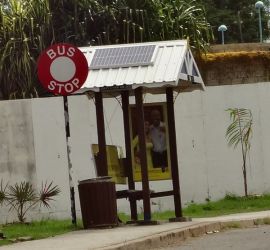
- February 17, 2021
- Editorial
Harnessing the Power of the Sun
Despite its stronghold in the residential arena, solar panels can also be utilized in other areas. An emerging industry in Barbados and indeed the region is Solar Farming. Remember, that in the vein of water heating, the sun’s energy is converted to heat water, however, with solar farming, that same energy is harnessed to generate electricity.
This is done through Photovoltaic cells. The term has been used interchangeably with solar panels but they are indeed different. While solar panels absorb the sun’s energy and use it to heat water, photovoltaic cells absorb the sun’s energy and convert it to electricity.
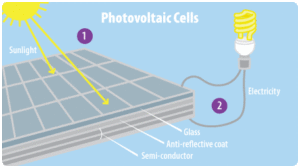
The Barbados Light and Power opened its first Solar Farming Plant in Trents St. Lucy, which is simultaneously the first of its kind in The Eastern Caribbean. According to the BL&P, “the 2.2% of our generation produced by this plant represents energy to power the appliances and devices of 7,700 households. Imagine, the solar plant generates only about 2.2% of Barbados’ annual electricity needs, but that 2.2% is enough energy to power about 7,700 households!
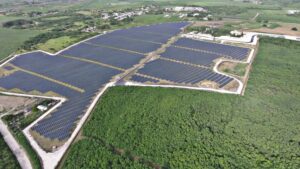
Solar Farm at Trents, St. Lucy
Solar Power Harvesting has also been applied to the farming industry. Back in 2013, a program geared towards promoting renewable energy among farming communities was implemented and several small-scale farms were actually outfitted with a photovoltaic system. These farms were struggling due to inadequate access to electricity and the PV system provided them with much needed electricity and any excess was routed back into the national grid.
On these same farms, a solar water harvesting system was installed which made it possible to pump all the stored rainwater around the entire farm in just 1 hour.
I know what you’re thinking, “maybe I can get a few solar panels and provide my own household with electricity” No? You weren’t thinking that? Well, you should consider it.
Many individuals have actually sought out agricultural land, even an acre is enough to get started. For those who can’t take on the responsibility of a whole acre of farm, even installing a few additional panels on your roof can work. You have the option of just installing a few for your personal use, or you might even become an independent Power generator, install more panels and sell the excess electricity generated back to the utility company.
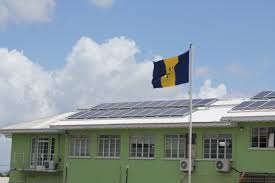 Ministry of Transport Building
Ministry of Transport Building
If you do decide to install on the PV panels on your roof, it is absolutely important that you ensure you do your research. Not all solar panels are equal and higher price does not always mean higher quality. You need to take into consideration how it is made and what materials were used. The BREA (Barbados Renewable Energy Association) recommends using only Tier 1 and Tier 2 manufactured products. The BREA also suggests which type of PV system is ideal for you based on the number or persons in your house.
Although the initial investment might be a bit off-putting to some, the long-term benefits of installing a PV system are greatly worth it. The average PV system can last up to 25 years, which translates to thousands of dollars saved in electric bills over the period of a lifetime. Furthermore, the possibility exists that even after you utilize your personal electric requirement, you can sell your excess electricity as an independent power provider. Lastly and most importantly, is the reduction in the use of fossil fuels and emission of greenhouse gases, making Barbados a safer and cleaner home for generations to come.
I invite you all who have the capability to consider switching to a solar powered existence. It is the one natural resource our small island has an abundance of which can transition us from over reliance on finite fossil fuels to a renewable source of energy.
Related Posts
